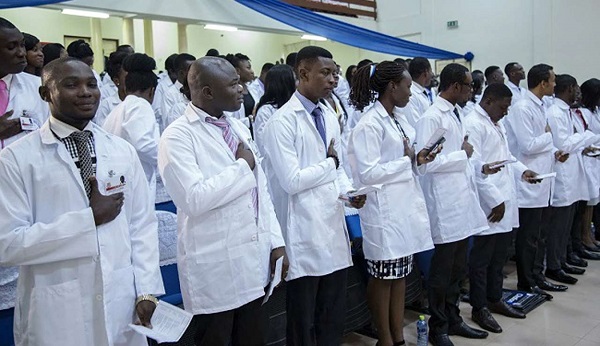
In a significant development, stakeholders within Nigeria’s health sector underscored the crucial role of adopting a multi-stakeholder and multi-sectoral approach to bolster the sustainability of health security investments in the country.
During the Prevent Epidemics Media Fellowship journalism masterclass held in Abuja on Tuesday, experts highlighted the imperative of addressing policy bottlenecks and actively engaging with key government stakeholders to fortify epidemic preparedness and shield citizens from potential health threats.
The program manager of the Legislative Initiative for Sustainable Development (LISDEL), Mr. Ademuyiwa Damilola emphasised the pressing need for a collaborative effort that involves both the executive and legislative arms of the government. He stressed that dismantling policy bottlenecks hindering progress in epidemic preparedness requires a concerted approach from various stakeholders.
Damilola pointed out that Nigeria has grappled with numerous challenges in terms of epidemic preparedness, evident in the struggles to effectively respond to outbreaks like the ongoing Lassa fever outbreak. “The lack of sustainable health security investments and policy bottlenecks have been identified as key factors contributing to responding to outbreaks and preparedness,” he asserted.
Director of programmes at Nigeria Health Watch (NHW), Dr. Kemisola Agbaoye emphasised the vital role of the media in disseminating information and ensuring government accountability during disease outbreaks. She highlighted the importance of strengthening journalists’ capacity for budget accountability for health security in Nigeria, considering the media’s unique ability to spotlight issues and hold policymakers accountable.
“We view this workshop as indispensable, as the media possesses a unique ability to spotlight and hold policymakers accountable. The training equips journalists with essential tools to effectively monitor and advocate for necessary changes in budget efficiency within the country,” Agbaoye stated.
Marcel Sati from the Budget Office of the Federation provided a detailed presentation on the country’s budget process, shedding light on the peculiarities of the health sector within the budget. He noted that despite health not being on the exclusive list in the country, the government has made substantial investments in the sector.
Director of LISDEL, Juliana Abude-Aribike emphasised the importance of a collaborative effort involving various stakeholders such as government agencies, healthcare providers, civil society organisations and the private sector. She asserted that by working together in a coordinated manner, the country can enhance its epidemic preparedness and ensure a more sustainable approach to health security investments.
Commenting on the fellowship, programme manager at Nigeria Health Watch, Ibunkun Oguntola, highlighted its dedication to empowering Nigerian journalists with the knowledge and skills required to accurately, promptly and responsibly report on epidemic preparedness and response. The workshop aimed to equip media fellows with the necessary tools to report on budget accountability for health security in an accurate, timely and responsible manner.
Oguntola emphasised that budget accountability is about transparency and responsibility, playing a crucial role in strategic resource allocation, fostering trust in leadership and holding policymakers accountable. The workshop drew journalists from various parts of the country, marking a concerted effort to enhance media capacity in reporting on health security issues.

